Civilized root special planning (4) 2: Zhang Shiwei: Why does the traditional folk "communicate with modern democracy"?|
Author:China News Weekly Time:2022.07.27

The idea of the people reflects a series of unique features of Chinese civilization

China News Agency reporter: Arina
Number of full text: 2806
Estimated reading time: 10 minutes
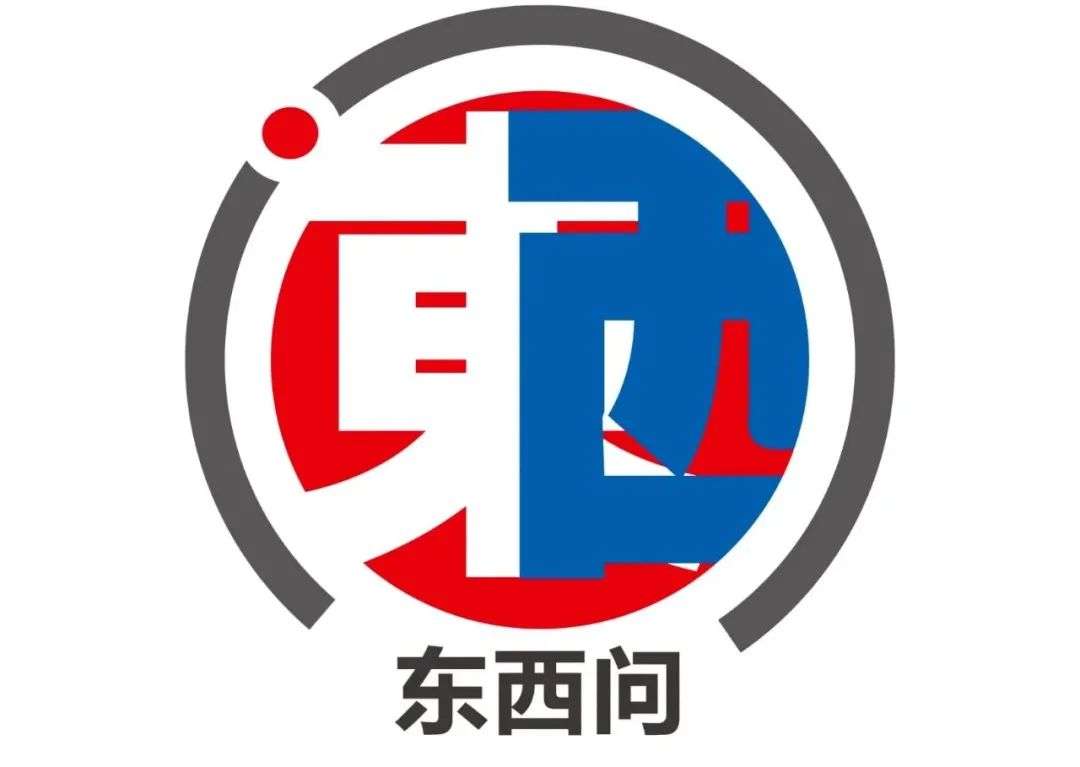
Democracy is the basic meaning of modern civilization and the common value of human beings in the world today. China includes "democracy" in the core values of socialism and promotes the construction of people's democracy in the whole process.
Democracy is not a complete "imported product" for China. In the highly mature Chinese traditional political concept system, the "people's" thought has an important position and constitutes an important foundation for the root of Chinese civilization. What is the meaning of Chinese native "people" thoughts? What is the difference between the concept of "democracy" in the West? What kind of ideological resources do you provide for China's democratic construction? Recently, Zhang Shiwei, a professor at the School of Political and Public Management of Northwest China University of Political Science and Law, accepted an exclusive interview with China News Agency's exclusive interview with China News Agency.
Abstracts are currently recorded as follows:
Reporter of China News Agency: What are the basic claims of the traditional Chinese "people" thinking? What historical development process?
Zhang Shiwei: China is self -contained in political origin and national form. The source of the people's copy can be traced back to the breeding process of Chinese civilization, and clear people's ideas have appeared in the early national political documents. The basic political claims of the people's ideas not only provide the value orientation of "the people for the state", determine the people as the decisive element of the country's existence, but also provide the administrative principles of the people, fear the people, and "listening to the people". With public opinion as a decisive element that affects the national politics policy, it also provides the purpose of protecting the people, supporting the people, and teaching the people, and emphasizes that governing the country and politicians seeks to benefit the people, and do not make self -interest. Along with the historical evolution of traditional Chinese national forms and the gradual development of political theory thinking, the people's thinking gradually got rid of the early theological framework after the Western Zhou Dynasty. In the process of its development, the theoretically handled the content with other political thoughts in theory Relationships, and thus become an important part of traditional Chinese political thought, it also forms a theory of rich content and rigorous structure, highlighting the people -oriented foundation, not only to explain politics and the country by human purpose, but also for human -based guidance politics. practice.

"Minben" is one of the many political ideals in Mencius. The picture shows the Mengfu Scenic Area, Mengmiao, Zoucheng, Shandong. Photo by Ren Haixia, a reporter from China News Agency
Reporter of China News Agency: As an important cornerstone of the traditional Chinese political ideological system, the "Minbian" thought reflects the civilization characteristics of China?
Zhang Shiwei: The traditional Chinese political civilization takes the people's own thinking as an important cornerstone. It not only puts the "people" on the decisive position of determining the existence of the country's existence, but also highlights the political value of politics to pursue the people. The idea of the people reflects a series of unique features of Chinese civilization. The big aspects include: 1. People -oriented, manifested in the people of the people as abstract concepts, and pushed the scope of the people as the state to all people. "Guiren" is the so -called adult. Second, coexistence and coexistence, governing the country and the people who are based on the people's pursuit and maintenance are not a part of the people, but the coexistence of the people as a whole. Third, benevolence and courtesy, the people's original consciousness contains strong love, "push yourself and others", loves people to virtue, loves people with courtesy, righteousness and benefits, thereby becoming the basic principles of traditional Chinese political acts.
Reporter of China News Agency: What is the difference between China's "civilian" thought and the Western "democracy" thinking?
Zhang Shiwei: Chinese traditional "people" and Western "democracy" have a long history. "Minben" has always been "good things" in Chinese history, but its influence is mainly limited to the ideal value of political value and guiding ideology of governing the country. At the institutional level, the impact is very limited. Although "democracy" has not been regarded as "good things" in western history for a long time, fear of democracy will become "most tyranny", but its impact on the institutional level has never never been a must. Both the "people" and "democracy" both emphasize the purpose of politics in the people, politics must pursue the people, politics is a common manner, and of course, it is condemned by public conspirators.
However, the difference between the two is also obvious, that is, the decisive role of public opinion in the political process can be reflected in the institutional system of national governance. The performance of "people" in this regard is mainly concentrated in "listening to the people", but the degree and effect of "listening to the people" do not depend on the people, but depend on the strength of the rulers for the prosperity of the world's prosperity and elimination of public harm. This lack of rigid guarantee of the system, the session of the people's governance is not enough. The focus of "people" lies in stimulating the "public heart" of the rulers. "Democracy" is more manifested in the rigid guarantee of the people's governance at the institutional level in the Western tradition. The class structure of society not only directly determines the type of government, but also fundamentally determines that it is decided to govern chaos and decline and even survive. The national governance of the Western "democracy" is more inclined to represent a part of the people in society, and the way of thinking of politics as a game of interests. Essence Everyone has its own selfishness and selfishness; public interest, no or unreasonable, public harm, Mo or divide. The main purpose of "democracy" is to overcome the common "selfishness".
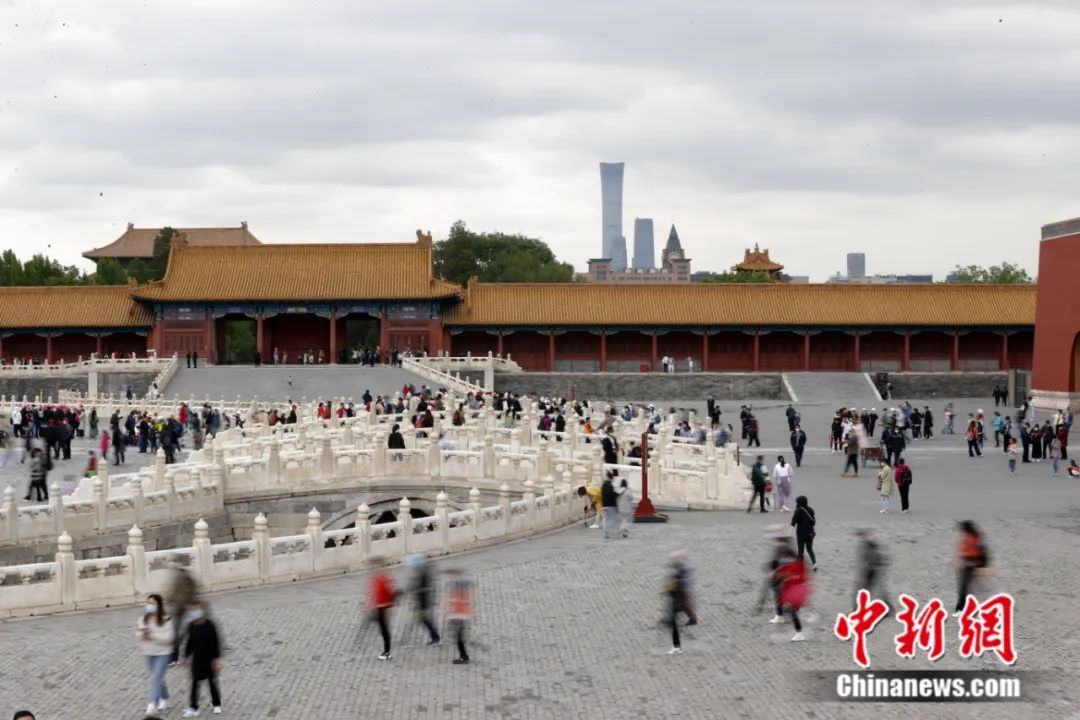
Visitors visit the Forbidden City in Beijing. Photo by Sheng Jiapeng, a reporter from China News Agency
Reporter of China News Agency: What kind of dialogue, interchange, and interoperability in modern China have experienced in modern China?
Zhang Shiwei: The traditional Chinese "people" and the Western "democracy" in modern China "meet each other." From the perspective of governance effects, the "democracy" of the bourgeois era is superior to the "civilian" of the landlord class as a whole. The powerful bourgeoisie managed to control national machines with "democracy". Unemployment international pattern. Chinese scholars' determination to "scholarship" due to the insult of the country, and with the traditional "democracy" belly of the Western "democracy", based on the traditional "democracy", regards the "democracy". ", Caused the traditional Chinese" civilian "and the Western" democracy "dialogue, intersection, and interoperability. In the process of dialogue, intersection and interdependence with the Western "democracy" in the Chinese traditional "people", lived in a certain active position, bit by bit, and gradually absorbed the Western "democracy", transformed itself, and finally formed a Chinese -based democracy. Theory and democracy. Of course, traditional Chinese "people" does not naturally voluntarily absorb Western "democracy". Under the beautiful rain of European wind, the traditional Chinese scholars have undergone great changes in the soul. The traditional "civilian" theoretical building has gradually become fragmented, and the transplantation of Western "democracy" buildings once became a common choice for Chinese advanced elements. However, the Western "democracy" transplants to China cannot be affected by the "civilian" that has fallen into mud. The excellent ingredients in the "Minbian" have been dyed and transformed into the "democracy" transplanted, so that the western "democracy" Sinicizer has also been transformed in the process of traditional "people", and the modernization of traditional excellent culture has occurred.
Democratic democracy with Chinese characteristics is the product of combining traditional Chinese "people" and Western "democracy", which includes a series of theoretical and institutional innovations.
Reporter of China News Agency: What kind of ideological resources did the "Minben" provide in the development of modern democratic ideas and democratic construction of China?
Zhang Shiwei: The development of modern democracy and democratic construction in China objectively contains the modernization of traditional "people" and the Sinicization of Western "democracy". Essence
First of all, the traditional "civilian" and the western "democracy" have the common points of the connotation and demands for the people, so that the two can be combined in practice, objectively providing the fall of Western "democracy" in modern China. Points and thus become the starting point of the growth of modern democratic ideas and democratic construction in China. Chinese advanced elements can accept Western "democracy", that is, they have seen the common ground.
Secondly, because the traditional "people" pays more attention to the whole of the people with the fundamental value, it has corrected the bias of the Western "democracy" in the western "democracy" of the interests of different groups. As a result, inheritance and development of coexistence and coexistence in China's modern democratic thought and democratic construction.
Third, the influence of traditional "people" on politics is comprehensive. The modern democratic ideas and democratic construction of Chinese modern democracy are affected. It also regards democracy as the existence of all aspects and aspects of politics. The limitations of the link not only realize the innovation of democratic theory, but also enrich the practice of democracy.
The "Mr. De and Mr. Sai" in the Shanghai Communist Party of China. "Mr. De and Mr. Sai" means "democracy and science", which is a two -sided flag during the Chinese New Culture Movement. Photo by Zhou Shenghui from China News Agency
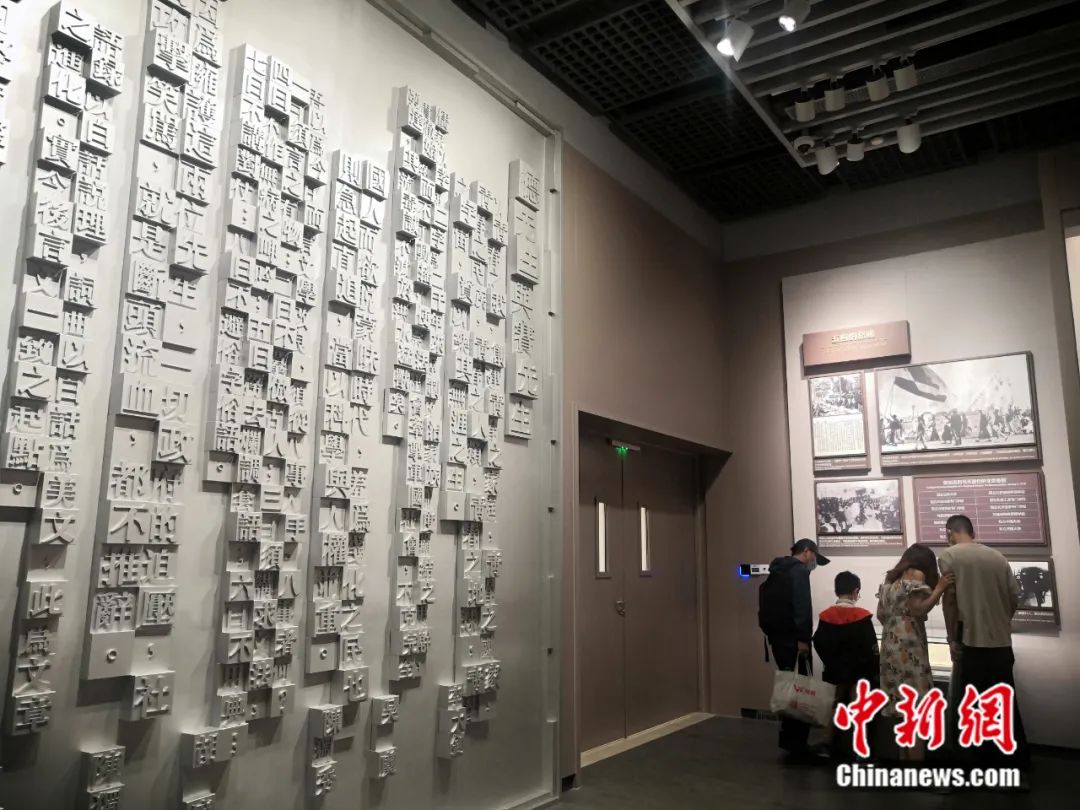
Reporter of China News Agency: At present, how should the people's democratic construction in the process be absorbed and learned from the essence of traditional "people"?
Zhang Shiwei: The whole process of people's democracy is both a new democratic theory and a new democratic form. The theory and practice of people's democracy in the whole process are born and formed in China, including the essence of traditional "people". However, the whole process of people's democracy, as a new democratic theory and practice, even adopted a dialectical analysis attitude even for the essence of the "civilian", which not only emphasizes the inheritance of excellent essence content, but also emphasizes the criticism of inheritance methods and processes. The tradition will be traditionally. The excellent content of the people is converted into the essence of modern democracy in China. The essence of traditional Chinese "people" will continue to nourish the continuous innovation and development of people's democracy, and to provide Chinese wisdom contributions to the rapid development of human democracy.
Introduction to the interviewee:
Zhang Shiwei, a professor at the School of Political and Public Management of Northwest China University of Political Science and Law, a researcher at the Human Rights Research Center, a member of the academic committee of the school, and the chief expert of the first -level discipline of political science. The eighth and ninth executive directors of the Chinese Political Society (2014 to the present) and the sixth, seventh, eighth, and ninth Deputy Secretary -General (2006 to the present), vice chairman of the Chinese Political Society of Political Thoughts of the Chinese Political Society, Vice President of the Shaanxi Provincial Political Society. It mainly studies the history of Chinese political thought, Chinese political philosophy, contemporary Chinese politics, etc.
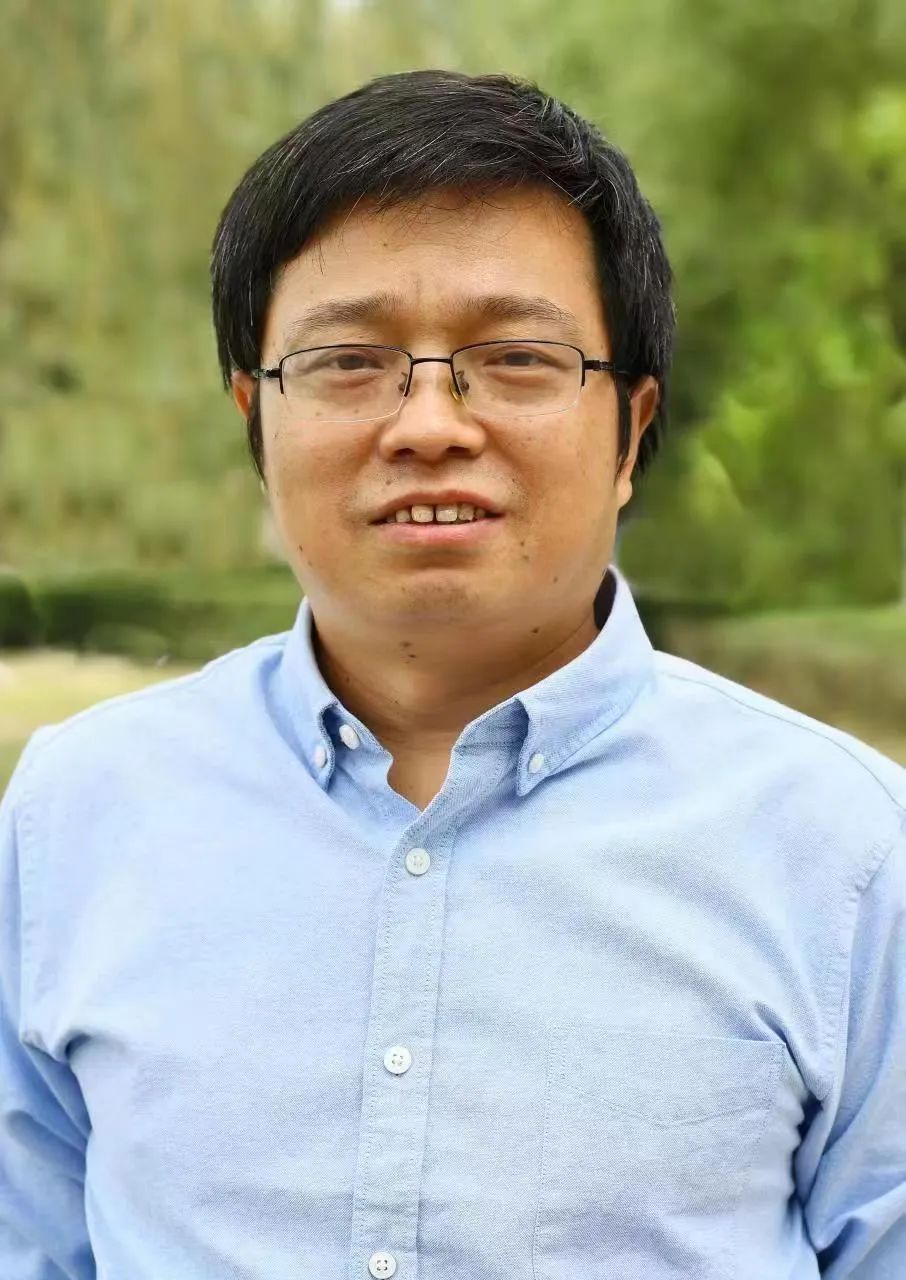
Text Editor: Xu Xueying
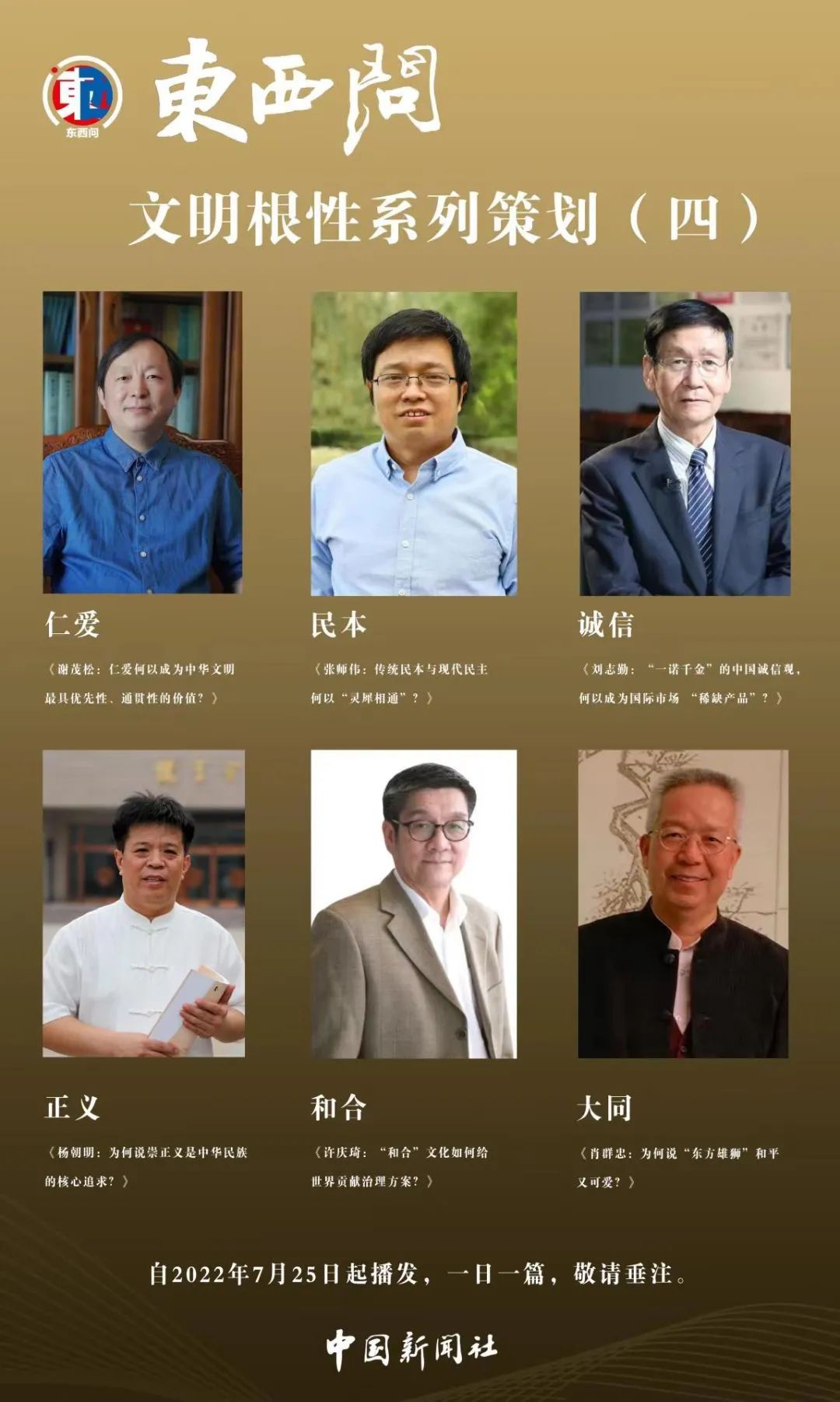
Image editor: Sudan
Figure Editor: Zhang Jiuling
- END -
[Fire risk exposure] This unit is "on the list"!have you been there?
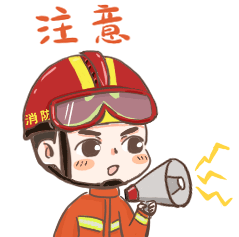
Hidden hazardexposureContinuously... ...Safety comes from vigilanceFire out of par...
Hunan Institute of Finance and Economics held a school -run model and management seminar on Leifeng College
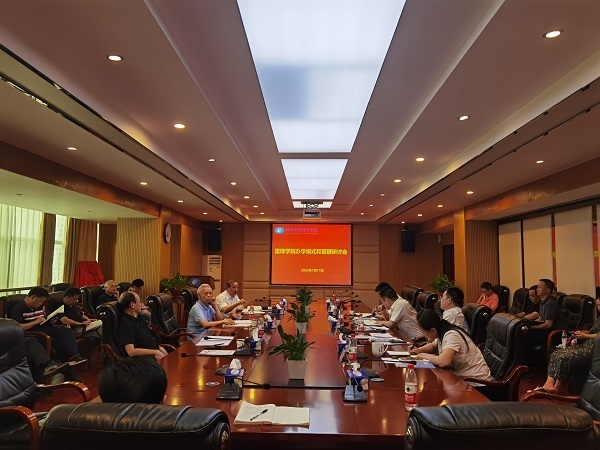
On the afternoon of July 17, the Hunan Institute of Finance and Economics held a s...